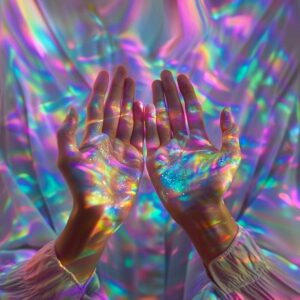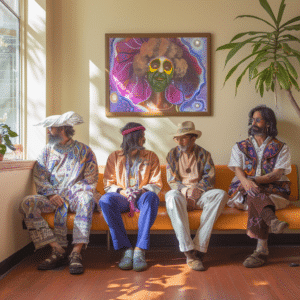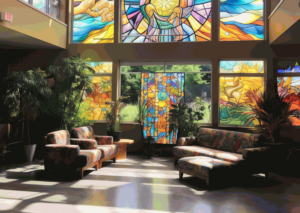
How Do Shrooms Make You Feel? Reddit Anecdotes Tell All
How do shrooms make you feel? What do shrooms do to you? Delving into the transformative psychedelic journeys of Reddit users offers first-hand insights into
Click to download our Free Psilocybin Sourcing Guide

How do shrooms make you feel? What do shrooms do to you? Delving into the transformative psychedelic journeys of Reddit users offers first-hand insights into

Guides play a pivotal role in safe, transformative psychedelic journeys, but how do we know what a good guide is? Read on for a facilitator

Can you imagine what it would be like to entirely lose grip on reality, questioning if you’re really awake, if you’re alive, and if life

Oregon’s recent policy shifts have propelled the state into the forefront of progressive mental health care, notably with the passage of the Oregon Psilocybin Services

If there is one thing we can say about Oregon, it’s that the state finds itself at the forefront of a profound shift in mental

Dear Oregonians, the state of Oregon is forging through a unique milestone not just in state history, but U.S. history as well. Prior to November

A growing body of research has illuminated the potential of psychedelic-assisted therapy as a breakthrough in mental health treatment. Individuals are seeking alternatives to conventional

Do you ever wonder about the realities behind Oregon’s burgeoning psilocybin therapy landscape? As the first state to implement a regulatory framework around therapeutic psychedelic

In Oregon, a unique experiment is unfolding. As the “first state in the U.S. to create a regulatory framework for psilocybin services,” we are watching

Maybe you want to have a therapeutic psychedelic experience, but you take prescribed Adderall everyday and are unsure of the safety of mixing the two,
We only send you what you need to know to use psychedelics for your healing journey.

DISCLAIMER: Psychedelic Passage does not provide psychoactive or controlled substances. Many controlled substances are illegal. The illegal use of a controlled substance may result in criminal consequences. Using controlled substances outside of the lawful supervision of a medical professional may also result in serious health complications including death. We are not licensed therapists, counselors, or medical professionals. We are not spiritual guides or scientists. We are a harm reduction company. Please use your discretion and consult a medical professional to ensure our services meet your needs. Any referrals to third parties that we may provide are informational, for your convenience only, and based on the criteria you provide to us. You are solely responsible for making a selection of a practitioner or other service and determining whether he/she/they are appropriate for you. No referral is an endorsement or recommendation of the practitioner or their services. Please conduct your due diligence on any practitioner you use. We do not provide referrals to “underground” (illegal) psychedelic services. Any information received through our services should be considered for educational purposes and not be misconstrued as medical or legal advice. Please use your discretion and consult with a medical professional to ensure our services meet your needs.
13918 E. Mississippi Ave. #68175 Aurora, CO 80012
Search for anything like: microdosing, dosage, integration
You can now close this window.
Just tell us where to send it…